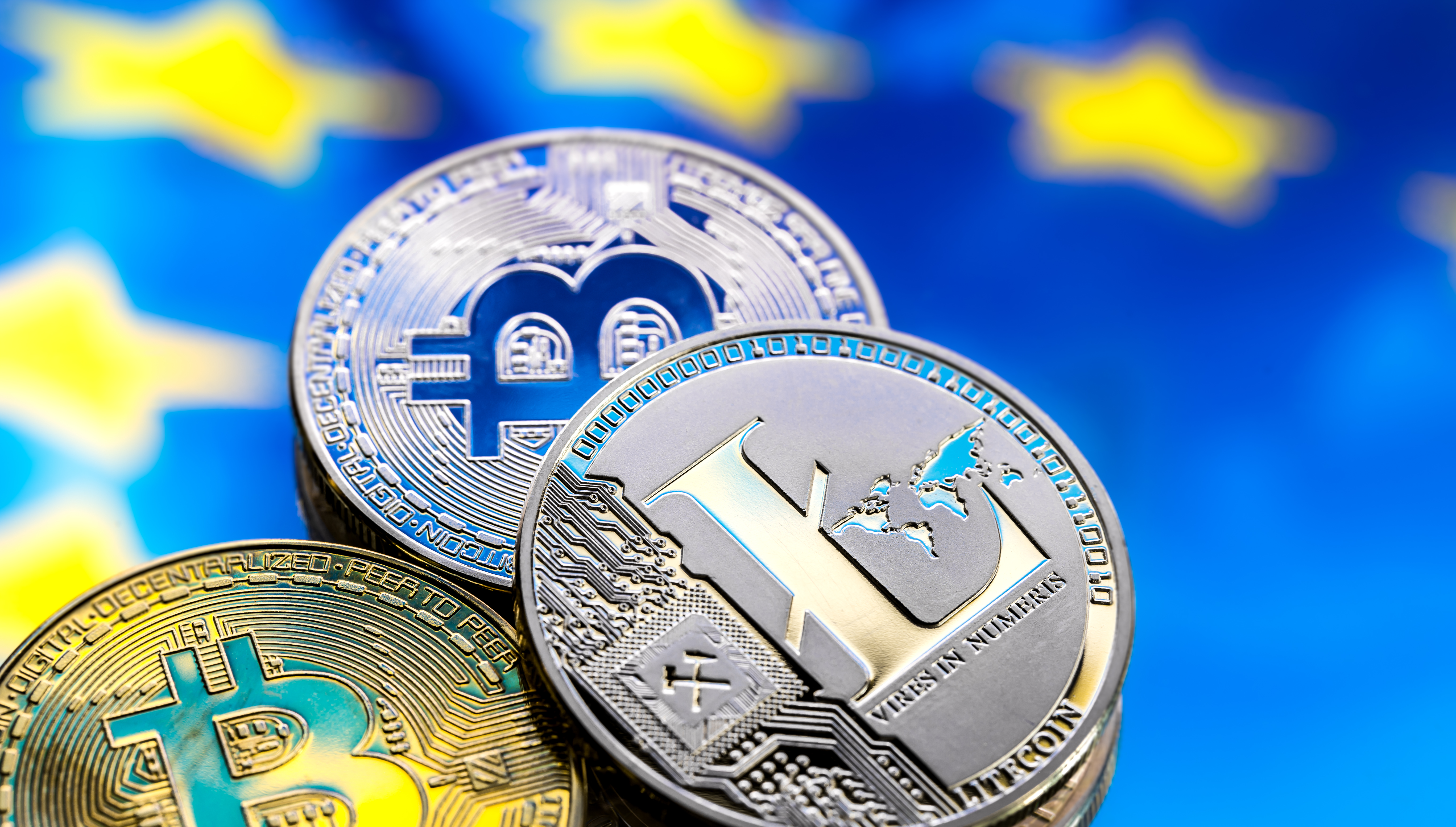The UK and US governments have jointly sanctioned a transnational network operating illegal scam centres across Southeast Asia. These centres use sophisticated methods, including fake romantic relationships, to defraud victims worldwide.
Many of the individuals forced to conduct these scams are trafficked foreign nationals, coerced under threat of torture. Authorities have frozen a £12 million North London mansion, along with a £100 million City office and several London flats.
Network leader Chen Zhi and his associates used corporate proxies and overseas companies to launder proceeds from their scams through London’s property market.
The sanctioned entities include the Prince Group, Jin Bei Group, Golden Fortune Resorts World Ltd., and Byex Exchange. Scam operations trap foreign nationals with fake job adverts, forcing them to commit online fraud, often through fake cryptocurrency schemes.
Proceeds are then laundered through a complex system of front businesses and gambling platforms.
Foreign Secretary Yvette Cooper and Fraud Minister Lord Hanson said the action protects human rights, UK citizens, and blocks criminals from storing illicit funds. Coordination with the US ensures these sanctions disrupt the network’s international operations and financial access.
Would you like to learn more about AI, tech and digital diplomacy? If so, ask our Diplo chatbot!










